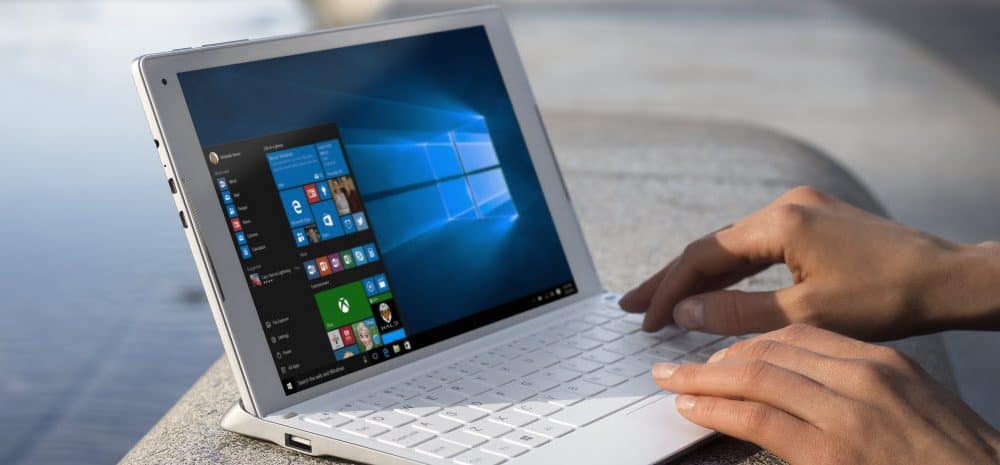I recently upgraded my motherboard, CPU, and ram. I used to have AMD FX 8320, ddr3, and now i have a Ryzen 5 2600, ddr4. Before uprading, I got bad frames in most games because of my CPU, so its hard to tell when this issue started. In Warzone i would get around 40-50 fps, and now i get 15-20. In dying light I got playable frames, not exactly sure but around 40-50. now i get 200 when looking at a wall or the sky, but when looking at cities and other large scenes i get 30, and my GPU is over 100% utilization. Even in CSGO, I get 40 frames when looking around normally but shoots up to 300 when looking at a wall. I have GTX 970.I tried borrowing my friends GTX 970, but the issue persists. I tried increasing my RAM voltage, but it didnt help. I uninstalled, reinstalled, nothing is working. I had a separate issue where my Disk usage was stuck at 100%, and ive since fixed that issue, but even that didnt help. The only thing i havent done is bought an SSD; yes, i have a hard drive, and its only ok. Its frustrating because i spent 400 dollars to upgrade but ended up with less frames in most of my games. I say most, because i can run rust at 80 fps, without issues, which is what is most confusing to me. Please help, ive had to stop playing a lot of games i used to love because of my fps.
You are using an out of date browser. It may not display this or other websites correctly.
You should upgrade or use an alternative browser.
You should upgrade or use an alternative browser.
Have you performed a clean install of Windows since doing the hardware change?
If not that would be the first thing to do as the chipset / platform of your new stuff is completely different to your old stuff and there could be a conflict.
It could also eliminate a lot of other potential software/Window/driver issues.
Have you checked temperatures and frequencies of your CPU and GPU e.g. with HWinfo? On idle and under heavy load.
If not that would be the first thing to do as the chipset / platform of your new stuff is completely different to your old stuff and there could be a conflict.
It could also eliminate a lot of other potential software/Window/driver issues.
Have you checked temperatures and frequencies of your CPU and GPU e.g. with HWinfo? On idle and under heavy load.
I have seen other threads saying it would help but simply put; im lazy, so that was my last resort. and yes, all my temperatures are fine, even when gpu is at over 100% utilization. I will reinstall windows though. Whatever will help.Have you performed a clean install of Windows since doing the hardware change?
If not that would be the first thing to do as the chipset / platform of your new stuff is completely different to your old stuff and there could be a conflict.
It could also eliminate a lot of other potential software/Window/driver issues.
Have you checked temperatures and frequencies of your CPU and GPU e.g. with HWinfo? On idle and under heavy load.
When i reinstall should i remove or keep my files?
A clean install is actually the lazy solution. Because the alternative is potentially flailing around, fiddling with all kinds of things, which will probably take more time and effort. Especially if you still find yourself needing to clean install anyway (!).
A clean install is where you do this:

 www.groovypost.com
www.groovypost.com
Which involves deleting all partitions on the operating system drive.
Anything on that drive is lost, so you'd need to back up anything you can't just redownload / don't want to redownload before doing this. But then you should have at least 1 backup of your stuff anyway in the event of unexpected hardware failure
Neither; If you mean the choice Windows gives you when using the built in tool, that's not a clean install, it's a kind of 'reset' and that is not as thorough.When i reinstall should i remove or keep my files?
A clean install is where you do this:

How to Perform a Clean Install of Windows 10
A while ago we showed you how to get a Windows 10 ISO for a clean install. Today we'll show how to clean install Windows 10 from beginning to end.
 www.groovypost.com
www.groovypost.com
Which involves deleting all partitions on the operating system drive.
Anything on that drive is lost, so you'd need to back up anything you can't just redownload / don't want to redownload before doing this. But then you should have at least 1 backup of your stuff anyway in the event of unexpected hardware failure
Similar threads
- Replies
- 2
- Views
- 745
- Replies
- 48
- Views
- 3K
- Replies
- 1
- Views
- 701
- Replies
- 1
- Views
- 1K

PCGamer.com is part of Future plc, an international media group and leading digital publisher. Visit our corporate site.
© Future Publishing Limited Quay House, The Ambury, Bath BA1 1UA. All rights reserved. England and Wales company registration number 2008885.

